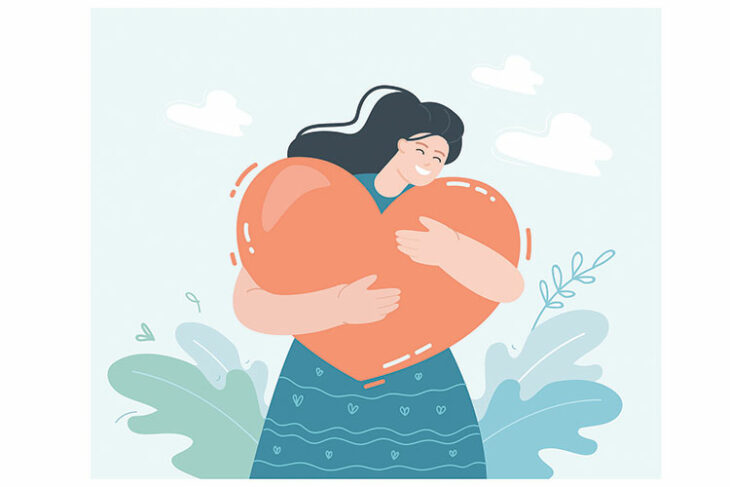By Sarah Hornby
Heart disease is the leading cause of death in the United States, according to the Centers for Disease Control and Prevention. Although the physical symptoms usually are the first thing people think of, emotional factors associated with the disease also can be harmful.
The mind and heart may be more closely related than you think – especially for women. February is American Heart Month and the perfect time to explore the link between the heart and mental health.
People who experience long-term mental health conditions like depression, anxiety, stress or PTSD may have physical reactions like increased heart rate and blood pressure, which can lead to conditions like heart disease over time.
The opposite is also true. Mental health challenges can develop after health scares, like heart failure, stroke and heart attack. These conditions can be brought on from pain, fear of death or disability and financial insecurity.
Women are almost twice as likely as men to be diagnosed with depression, and according to a study from the National Center for Biotechnology Information, middle-aged women who have clinical depression are at twice the risk of developing heart disease than those without depression.
Depression and heart disease can manifest in symptoms like fatigue, low energy and difficulty sleeping. Although they’re different, some prevention methods like healthy lifestyle changes can help lower the risk of developing both conditions. Addressing mental health conditions early can promote long-term mental and physical wellness.
TIPS TO REDUCE RISK
Here are a few simple ways to reduce your risk:
• Mind and body care. Practices like yoga, meditation and deep breathing exercises are great stress relievers and help manage feelings that can cause depression.
• Explore cardiac rehabilitation. Cardiac rehabilitation often is recommended to people who’ve had a heart attack. It includes education about ways to live healthier, like finding the right diet and exercise routine. It also includes counseling to improve mental health and manage stress.
• Reach out. When people experience feelings of sadness or isolation while recovering from heart problems, reaching out for support can make navigating these issues easier.
• Get screened for depression. Depression often is brushed off as a period of sadness, but its symptoms actually are quite debilitating. Feelings of hopelessness, trouble concentrating or low energy may be cause for concern. If you’re experiencing these symptoms, reach out to a doctor to learn more about screening options and other resources.
Sarah Hornby is a psychiatric nurse practitioner at Oceans Behavioral Hospital Biloxi. Oceans Biloxi provides inpatient, partial hospitalization and outpatient treatment for adults 18 and over and inpatient programs for adolescents 12-17. For more information, visit www.oceansbiloxi.com.


